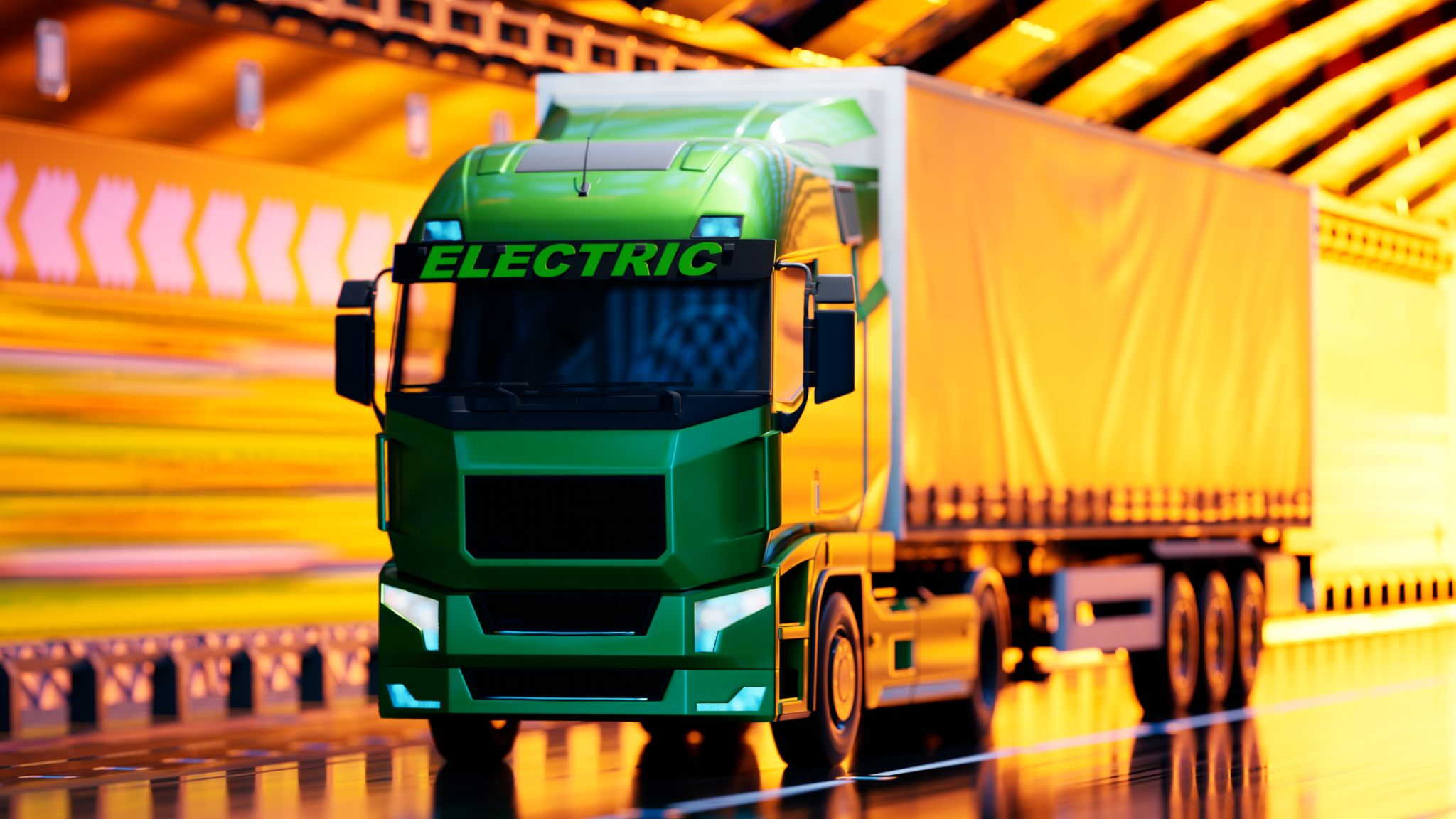Understanding Eco-Friendly Practices in Trucking
Introduction to Eco-Friendly Trucking
As environmental awareness continues to grow, industries worldwide are seeking ways to reduce their carbon footprint. The trucking industry, a critical component of global supply chains, is no exception. Understanding and implementing eco-friendly practices in trucking can significantly impact both the environment and the bottom line of businesses.

The Importance of Sustainable Trucking
The trucking industry is responsible for a substantial portion of greenhouse gas emissions. By adopting sustainable practices, companies can not only help protect the environment but also enhance their reputation as socially responsible businesses. Moreover, these practices often lead to cost savings through improved fuel efficiency and reduced maintenance expenses.
Fuel Efficiency Improvements
Fuel efficiency is a primary focus in sustainable trucking practices. Companies can achieve this by investing in newer, more efficient vehicles and regularly maintaining their fleets. Additionally, driver training programs that emphasize fuel-efficient driving techniques can lead to considerable reductions in fuel consumption.

Adopting Alternative Fuels
Another significant step towards eco-friendly trucking is the adoption of alternative fuels. Options such as biodiesel, compressed natural gas (CNG), and electric trucks are becoming increasingly viable. These alternatives can drastically reduce emissions compared to traditional diesel-powered trucks.
Advantages of Electric Trucks
Electric trucks offer numerous benefits, including zero emissions and reduced noise pollution. While the initial investment may be higher, the long-term savings on fuel and maintenance, along with government incentives, can make them an attractive option for many companies.

Route Optimization and Load Management
Effective route optimization and load management play crucial roles in reducing environmental impact. By utilizing advanced logistics software, companies can ensure that their trucks travel the most efficient routes, thereby minimizing fuel consumption and emissions.
Benefits of Load Optimization
Proper load management ensures that trucks carry optimal loads, reducing the number of trips needed and conserving fuel. Additionally, it helps in extending the lifespan of vehicles by preventing unnecessary wear and tear.

Conclusion: The Future of Eco-Friendly Trucking
The transition to eco-friendly practices in trucking is not just a trend but a necessary evolution for the industry. By embracing these changes, companies can contribute to a healthier planet while simultaneously enjoying economic benefits. As technology advances and more sustainable options become available, the path to eco-friendly trucking will continue to evolve, paving the way for a greener future.